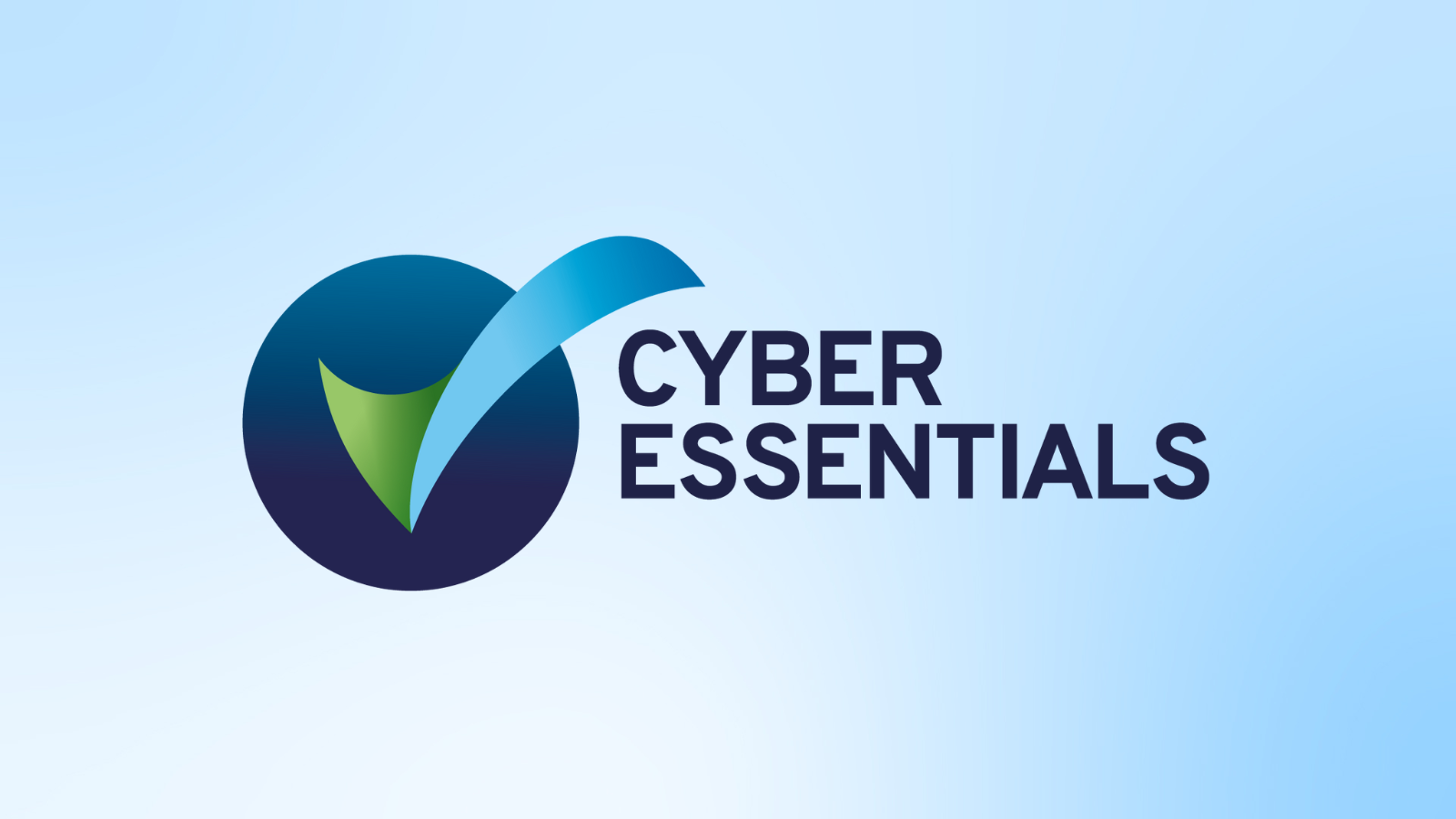
On May 5, 2025, Microsoft began enforcing stricter email authentication requirements for high-volume senders. If your business sends more than 5,000 emails per day to Microsoft consumer email accounts (such as @outlook.com, @hotmail.com, or @live.com), it is now essential to have SPF, DKIM, and DMARC correctly implemented.
Why Email Authentication Matters in 2025
These authentication protocols help verify that your emails are actually coming from you, and not from a malicious third party pretending to be your domain. Without them, your emails risk being marked as spam or, worse, rejected entirely.
To meet Microsoft’s requirements, you’ll need to implement the following protocols:
- SPF (Sender Policy Framework): Confirms the sending server is authorised for your domain.
- DKIM (DomainKeys Identified Mail): Ensures the content hasn’t been altered in transit.
- DMARC (Domain-based Message Authentication, Reporting, and Conformance): Aligns SPF and DKIM results with your domain’s policy to prevent unauthorised use.
How to Stay Compliant With Microsoft’s Email Policy
To improve deliverability and maintain trust with recipients:
- Implement SPF, DKIM, and DMARC: Configure these protocols in your domain’s DNS settings.
- Use a Valid “From” Address: Ensure your sender address is correct and can receive replies.
- Include a Functional Unsubscribe Link: Provide recipients with an easy way to opt out of future emails.
- Maintain List Hygiene: Regularly remove invalid or inactive email addresses to reduce bounces and complaints.
- Avoid Deceptive Practices: Use clear subject lines and avoid misleading headers.
Next Steps to Secure Your Email Deliverability
- Review Your DNS Records: Ensure that your SPF, DKIM, and DMARC records are correctly configured.
- Test Your Email Authentication: Use tools to verify that your emails pass authentication checks.
- Stay Informed: Microsoft may continue tightening enforcement, so keep an eye out for future announcements.
Authentication Alone Is Not Enough
Email authentication protocols like SPF, DKIM, and DMARC are essential tools to prevent spoofing and impersonation attacks. However, simply setting them up once isn’t enough.
Your domain host or email provider won’t actively manage these protocols for you. As a result, a one-time setup often falls short of keeping up with evolving threats.
In February 2024, Google and Yahoo began rejecting bulk emails from domains without proper SPF or DMARC records. Many organizations quickly added basic SPF records and set their DMARC policies to “p=none.” While this meets minimum requirements, it effectively means “do nothing” when suspicious emails slip through.
To truly protect your inbox, you need to move beyond “p=none” to stricter DMARC policies like “quarantine” or “reject.” But these settings aren’t “set and forget.” They require ongoing management, fine-tuning, and monitoring to avoid blocking legitimate emails while stopping attackers.
That’s why partnering with a trusted managed service provider like Everything Tech is critical. We continuously manage and optimize your email authentication to keep your communications secure and your business protected.
In addition, regular backups and strong compliance settings are vital to safeguard your data and meet regulatory requirements.
Talk to Our Email Security Experts
Need help with proactively managed DMARC/DKIM or have questions about recent changes? Contact our team at Everything Tech. We’re here to help ensure your emails reach their destination securely. Speak to an expert today.



